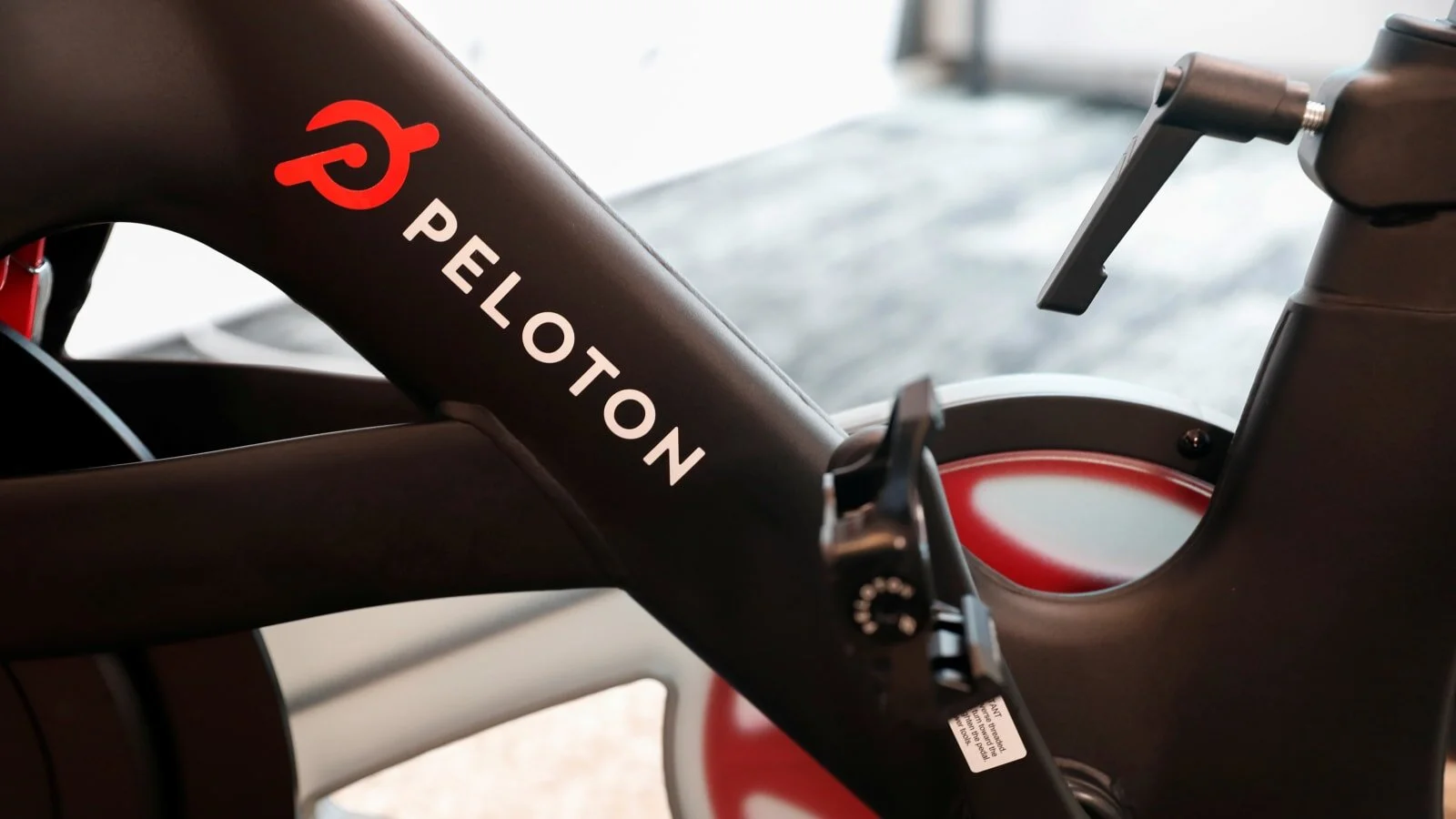

Consider: Soul Cycle, the popular indoor cycling class, would set you back around $10,500 over three years. If you go to a boutique gym three times a week (because everyone thinks they will go that much when pricing out subscriptions) for three years, it would cost you as much – or more – than a smart home gym. (Yes, this is a reference to the maligned recent bike ad that drove down Peloton shares.)īut if you can afford pricey boutique fitness classes such as Orangetheory and Soul Cycle, it actually could be a good idea to invest inhigh-tech home gym equipment for your exercise-enthused family this holiday season. It is perhaps not recommended that you gift your selfie-videoing wife a Peloton for Christmas, if she seems to be scared of such a gift. –With assistance from Gillian Tan and Mark Gurman.Watch Video: Are smart home gyms the future? FightCamp and Bowflex think so postponed its planned initial public offering in 2021 due to market conditions. The company recently slashed its price point in half to $795.Īlso in the home fitness category, NordicTrack maker iFit Health & Fitness Inc. Mirror, a Tonal competitor, sold to Lululemon for $500 million in 2020. If Tonal is successful in raising this new round of capital, it could be used to fuel its growth and improve its finances, the people said. It has also raised capital from Dragoneer Investment Group and L Catterton, among other private investors. It has raised money from well-known athletes including Serena Williams, Drew Brees and Mike Tyson. Tonal sells a home-workout station for $3,995 that lets people connect virtually with a personal trainer. Tonal has marketed itself as high-end fitness technology. The company had encountered other issues like supply chain challenges. That number did not include additional revenue from hardware. The Information reported on Friday that Tonal had tried to sell itself and was exploring options to shore up its business including lining up fresh capital.Īs of last summer, Tonal was on track to generate more than $100 million in subscription sales in the next year. Orady didn’t immediately respond to a request for comment. Representatives for Tonal and Peloton declined to comment. Companies that had raised capital using Peloton’s market capitalization as a comparison are now having to readjust. But difficulties in maintaining that growth trajectory contributed to a slowdown in some businesses like Peloton. The businesses benefited from the early days of the pandemic, when many gyms were closed and people were stuck at home. It has been a tumultuous time for the home fitness industry. Tonal also had acquisition conversations with other strategic buyers, said the people. Yet an acquisition did not materialize, in part because Peloton has been trying to improve its cash position and the two parties couldn’t agree on price, they added. last year about a potential sale to the publicly traded fitness company, the people said. Tonal previously had discussions with Peloton Interactive Inc. The plans aren’t finalized and Orady could still stay on.

Orady, who founded the company in 2015, could potentially still be involved and have a role, they added. Tonal also expects to find a new CEO to replace founder Aly Orady this year, said the people. That’s a deep cut compared to last year’s $1.9 billion valuation, reflecting the slowdown in the home fitness industry, but talks are still ongoing and the number could change. The company is in talks for funding that would value it at $500 million or lower, the people said, asking not to be identified because the matter is private.


 0 kommentar(er)
0 kommentar(er)
